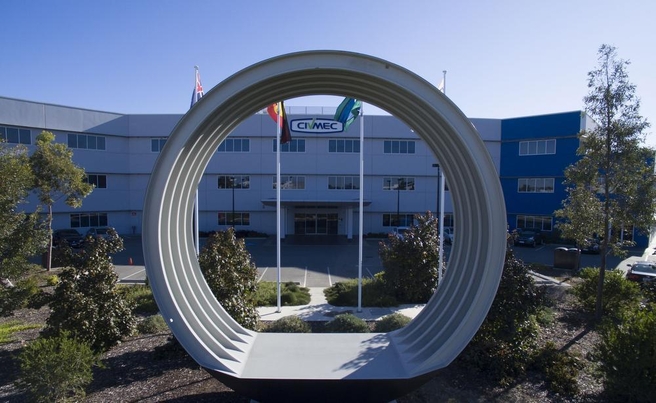
I had the good fortune to be in Perth last week as a speaker at the WA Chamber of Commerce and Industry’s Defence Conference. The ‘take home’ messages of my presentation were:
- the government has allocated a very large amount of money for defence over the next decade; capital investment is planned to be somewhere between $162 and $195 billion—compared to around $70 billion over the past decade
- money won’t be a limiting factor for getting projects approved and started, so there’ll be plenty of opportunity for industry
- actually spending that quantum of money won’t be easy, and even getting a sufficient quantity of projects approved by government will be a challenge (Mark Thomson’s analysis shows that 44 approvals are required in 2016–17 to be on track. Based on Ministerial press releases, there have been three in the first six months.)
- the government’s focus on innovation will tend to push projects into the development space, which will inevitably result in schedule delays
- if Defence is to get close to achieving those sorts of spends it’ll have to look at increasing ‘off-the-shelf’ purchases, particularly FMS buys—but there will still be loads of extra cash available for local business.
One of the comments I got in the Q&A session really reminded me where I was. I was asked ‘why do you say that programs won’t be delivered? The oil and gas industry does complex projects on time and budget all the time. Just point us at it and we could make it happen’.
There was a touch of hyperbole about that, because challenging oil and gas projects certainly aren’t immune to cost and schedule problems. But there was some wisdom there as well. I visited the Australian Marine Complex during the peak of the resources boom work, and was deeply impressed by the scale of the enterprise and the expertise I found there. There was a sense of urgency I hadn’t seen at even the most professionally run defence industrial sites, which also spilled over to the onsite defence industries.
As the resources boom further recedes and resource extraction construction projects wind down, expertise and capacity is being freed up in the west. Not surprisingly, companies there are eager to apply their skills to new work in the defence sector. It’d be nice if they could bring a sense of urgency across as well.
But there’s also naivety in the wider industry sector regarding defence contracts. For better or worse, it’s not surprising that Defence is wary of letting significant contracts to players without a proven record of working for government more broadly, or defence specifically. Defence gets enough bad press (including here on The Strategist) for project underperformance, and it’s gun shy enough without taking on the additional risk of engaging contractors who don’t know the landscape. So it tends to fall back on the established players, at least as the prime contractors. It’s a variation on the old saying that ‘nobody ever got fired for buying IBM‘. (Although the ABS gave it a shot.)
But there’s a vicious circle there. The usual defence primes are so used to dealing with the ponderous mechanisms of government that they don’t push back against them. And when it comes to contract negotiation, companies are tempted to pad schedules and costs to minimise (but unfortunately not eradicate) the risk of being embarrassed by failing to deliver.
Clearly both sides need to move their world views, and to recognise the strengths and constraints of the other. Perhaps the easiest shift is on the business side of the fence. KPMG’s Mike Kalms told the Perth meeting that even the most capable firms in the wider industrial sector have to make themselves more ‘defence ready’, including learning the language of defence procurement. And, importantly, companies that have been working in the resources sector have to be able to convince government that they won’t opt out if resources prices soar again.
One way to do that is to buy into firms who already have an ‘in’ and longevity in the defence area. The impressive WA-based firm Civmec has taken that approach. They’ve already established their international competitiveness in the oil and gas sector. As an aid to moving into defence business, they recently bought the Newcastle firm Forgacs, which participated as a build partner in the air warfare destroyer project. And they used their own money to build a submarine section as a demonstration of their prowess.
It’s harder for the smaller players to get in, but some recent developments should help. New government portals provide an entry point for small-to-medium enterprises, which should help them to negotiate the sector.
But perhaps the biggest change needs to be on the government side. In order to embrace even the most capable of players from the wider industrial sector, defence acquisition and government will have to be less risk averse. That will probably mean the odd embarrassment down the track—but it’s not like that doesn’t happen anyway.

